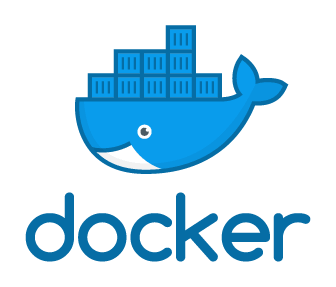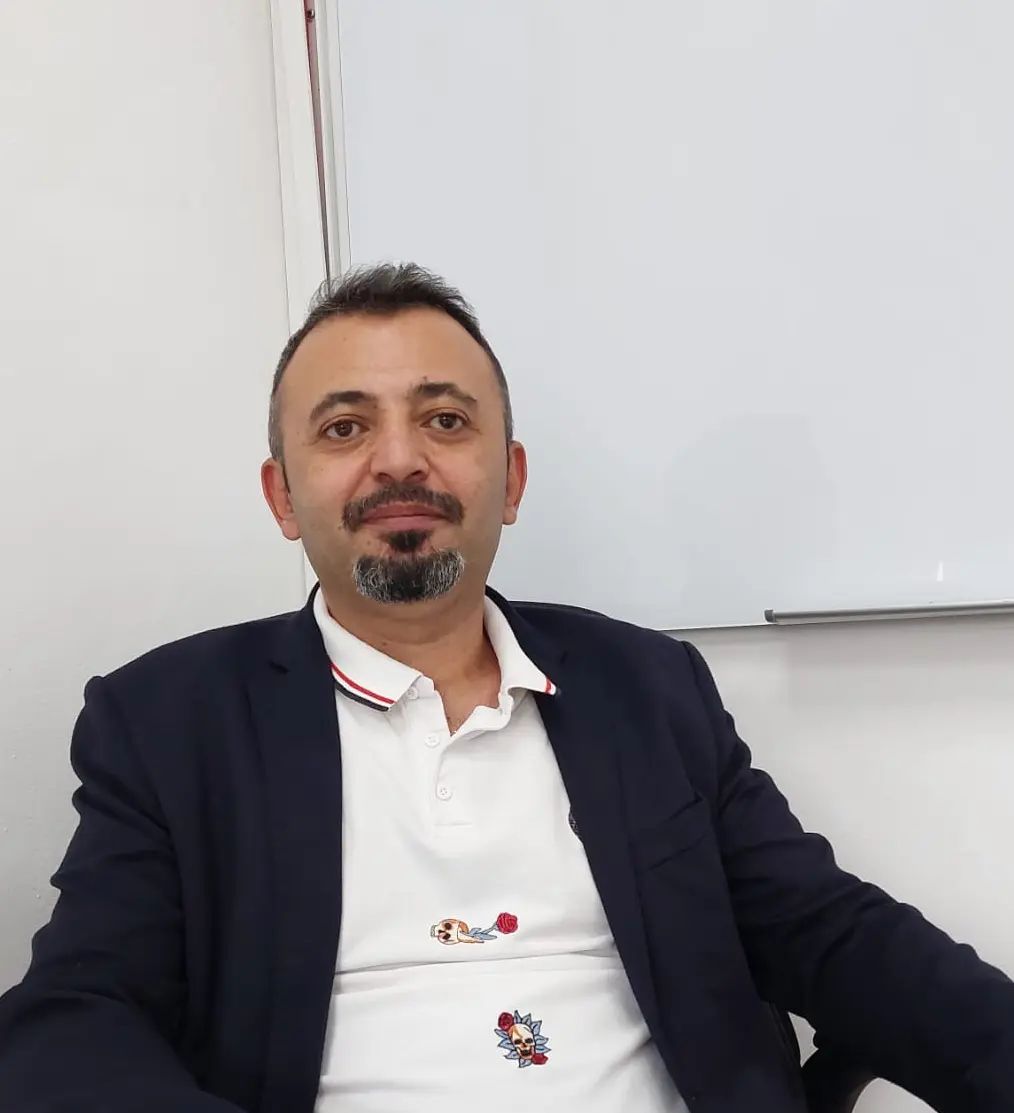In the Docker course, we will learn about the use of this advanced technology in order to develop and manage containers, starting from a single instance and progressing to efficiently managing entire applications with numerous containers while addressing common issues and bugs in development and resource management processes.
Additionally, we will become familiar with advanced Docker tools such as:
- Docker Hub: A Docker service that allows, among other things, the usage and sharing of containers with other teams.
- Docker Compose: Enables the definition and execution of multiple containers with a single command to run a Docker application.
Studying Docker as Part of the DevOps Development Track
In the Docker course, we will learn about the use of this advanced technology in order to develop and manage containers, starting from a single instance and progressing to efficiently managing entire applications with numerous containers while addressing common issues and bugs in the process. You can learn the Docker course as a standalone module or as part of a comprehensive DevOps specialization track that includes training and placement. In the complete DevOps track, we cover a wide range of relevant technologies and programming languages, such as Linux, Python, Zabbix, Kubernetes, Jenkins, and more.
How Can the Docker Course Help You Advance in the Industry?
With the help of Docker and other technologies taught in the DevOps track, you can gain extensive hands-on experience and a diverse toolbox that enables you to embark on a rewarding career as developers immediately upon completing your studies.
Docker is a platform that allows us to manage and run applications within containers and embed them across a variety of platforms according to project needs and requirements.
Innovations and Advantages in the Docker Platform
The innovation lies in the utilization of containers and virtualization, which are essentially bundles that can be managed as separate units and embedded individually to tailor them to specific tasks. This way, each can be managed as an independent unit, even though they are essentially the same software. For example, one can develop software and create a container for each operating system on which they want the software to run, as each system has distinct requirements differing from one another.
- There is a significant advantage in using containers, enabling adjustments to meet the requirements of each operating system. This approach helps prevent or address bugs, perform configurations, monitor activities, and more for each system individually. Each container has its own resources, separate CPU, a distinct task list, can be started, stopped, removed, and more without affecting or changing other containers. This means that applications operate in the same way regardless of their installation platform, be it Apple, Linux, or Windows.
- An additional advantage is that despite container separation, they can share files. For instance, if one container uses a specific image, the second one can also utilize it without needing to request it again from the server. This operational method enhances software speed, reduces server load, and minimizes the number of server requests.
Who is the Docker Containers course for?
- Programmers and engineers with experience in software development or software support.
- Companies providing software services and support to clients.
Docker Containers Course Prerequisites
- Mandatory knowledge in Linux.
- Familiarity with source control tools.
The Docker Containers Course Description
- A practical course comprising front lectures and hands-on exercises.
- The duration of the course is approximately 25 academic hours.
- Class exercises accompanied by explanations, homework assignments, and solutions on the course website. Course booklet.
- Videos and presentations on the course website.
- Towards the end of the course, each student will complete a practical project that summarizes the knowledge acquired during the course. The lectures are held once a week in the evening or morning hours.













